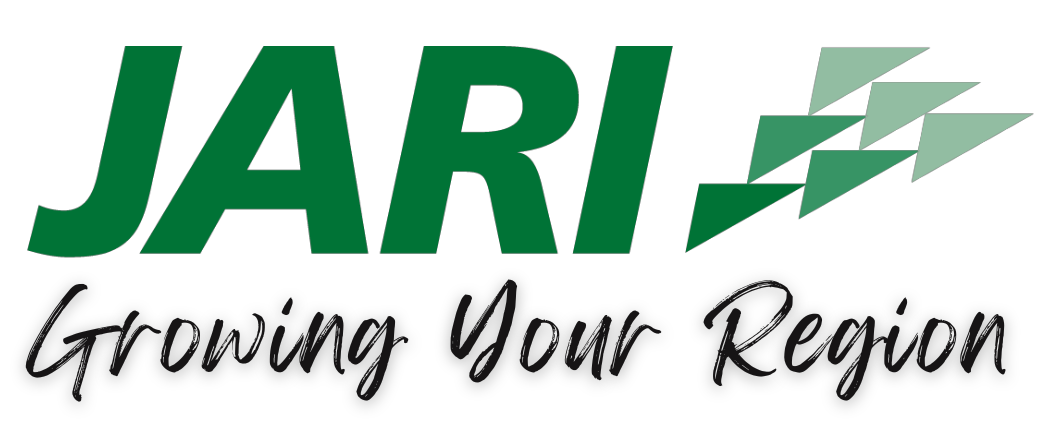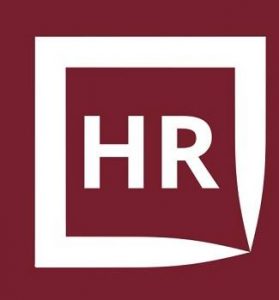Rules, Regulations & Best Practices for Hiring
Too many supervisors conduct interviews as if they're striking up conversation on an airplane. You don't have to be a seasoned traveler to know the kind of dialogue which takes place on plane trips. Something like this:
"Are you on vacation? Where do you live? Do you have a family? How old are your children? Are your children in day care while you work? Your name is interesting, what nationality is it?"
Beware if your supervisors' interviewing techniques sound like this. And if you don't know what your supervisors are asking applicants, you need to find out. Questions like these are extremely dangerous.
Why? Because knowing this information can make your business vulnerable to a charge of discrimination in hiring decisions. For example, you don't want an applicant to volunteer information such as dates or events which may disclose the applicant's age. Does your employment application ask for dates connected with education?
Asking these kinds of questions doesn't necessarily break a law. Even knowing the answers to these questions isn't necessarily illegal. But when you, or your supervisors, know this information and use it to discriminate in hiring, managing and firing decisions and practices, you've broken the law.
It Can be Unintentional
An applicant's resume gives the name of the educational degree achieved but doesn't name the college or university which awarded the degree. So the normal response is to ask. If the school's name reveals a nationality, racial or religious affiliation, you've acquired information that may be dangerous for you to know.
You may even make an assumption which is incorrect, such as, all students at Notre Dame are Catholic. And don't blame your supervisors if the following question is still on your employment application: "To what organizations, clubs, societies and lodges do you belong?" These questions are not work-related. And the answers can give an interviewer clues to an applicant's ethnicity or race. Knowing the answers can be a risk you and your business can't afford.
Beware Voluntary Information
One danger in all job interviews, and especially in "casual conversation" interviews, is the applicants often volunteer information which is illegal for the employer to use in making hiring decisions. Example: Janet volunteers that she has three children, that she has arranged for daycare, and that she will have no problems working the 40-hour weekly schedule. The interviewer should immediately respond with words like these: "Thank for you for sharing that but we are an equal opportunity employer and we solely make our hiring decision based on an applicant's abilities to perform the essential functions of the job.”
Then, to help show (if later put to the test) the employer did not use the volunteered information in the hiring decision, the interviewer makes a note in the interview record. The note can simply state the applicant volunteered information (state the topic) and she was informed of the employer's non-discriminatory hiring practice.
Interviewing Tip: Better than a "casual conversation" is a planned, structured, business-like interview. Plan the questions in advance. Only ask job-related questions that will prompt applicants to provide job-related information and answers.
| Four Interview No-Nos
1. Don't talk too much. Let the applicant be the star. The more the applicant talks, the more the interviewer has a chance to learn. 2. Don't ask repeatedly for the same information. Don't ask for information the applicant already has provided in an application form or resume. (An exception is asking the same question in a different way or different context to test the applicant's accuracy or honesty.) 3. Don't waste time asking irrelevant questions. Prepare questions in advance, questions which will elicit information about an applicant's work-related experience and qualifications. 4. Don't oversell the job or the company. Give the applicant a true and accurate picture of the job's duties, opportunities and challenges. |
To learn more about Rules, Regulations and Best Practice of Hiring please attend JARI’s Lunch and Learn on October 17th presented by Brooke Contacos, PHR – HR Consultants, Inc. In this session Ms. Contacos will cover the following:
- How to place an effective job ad
- Your role in the hiring process
- The cost of a bad hire
- Topics to avoid
- Learn and practice smart and legal interviewing

